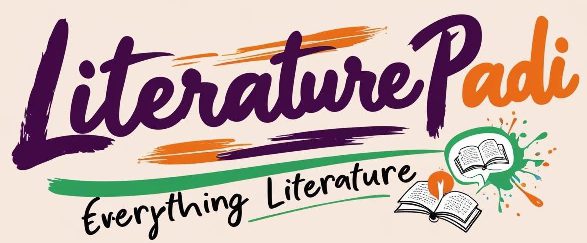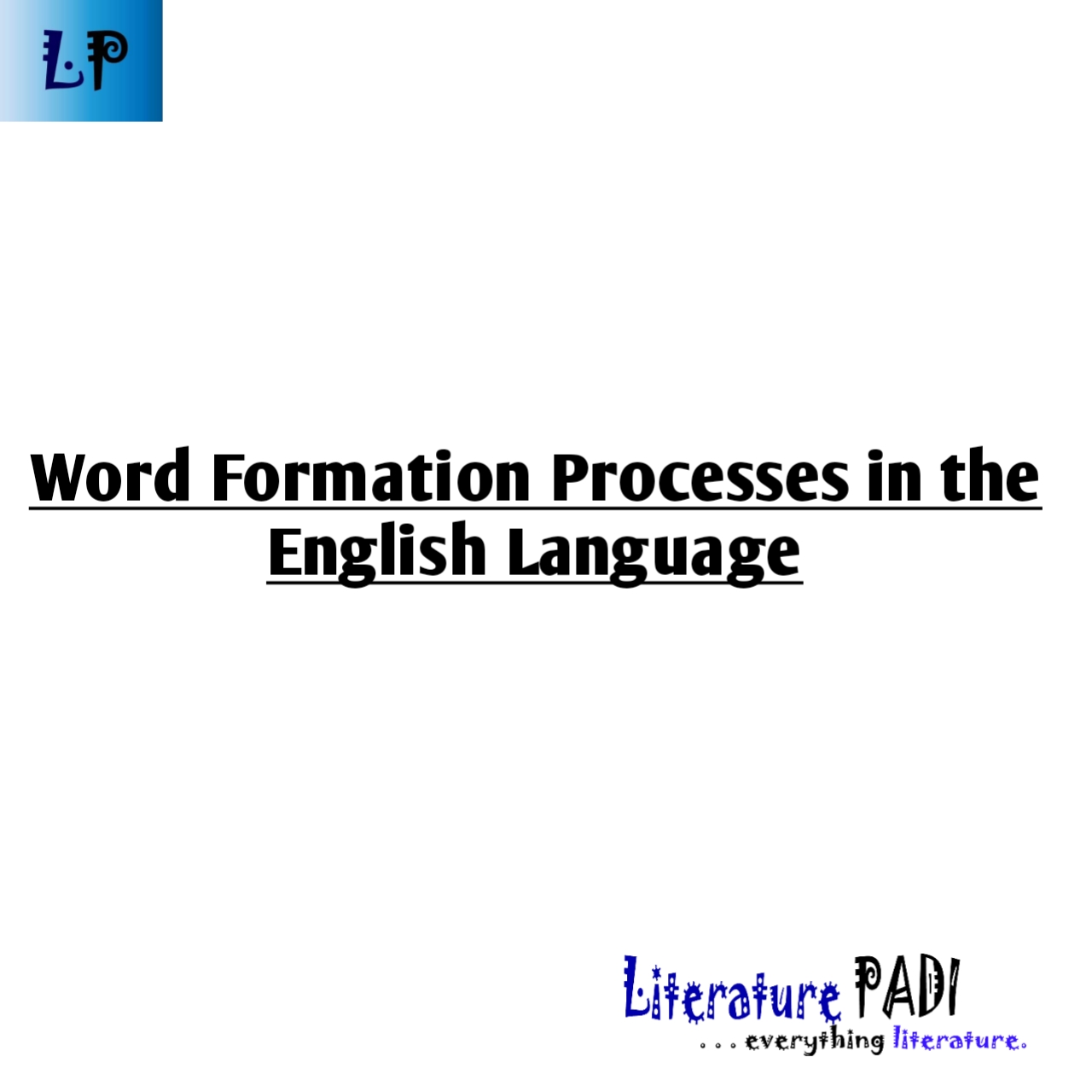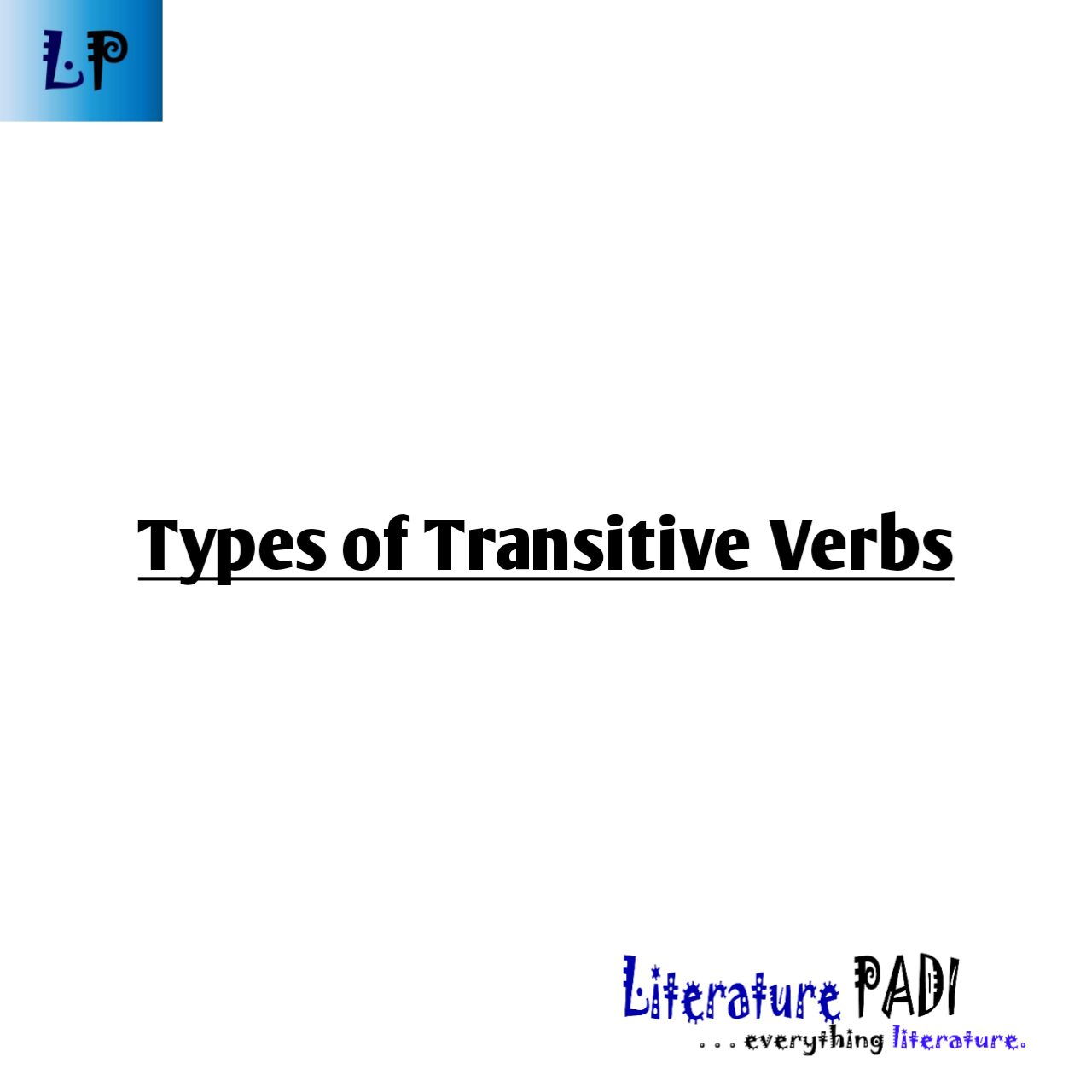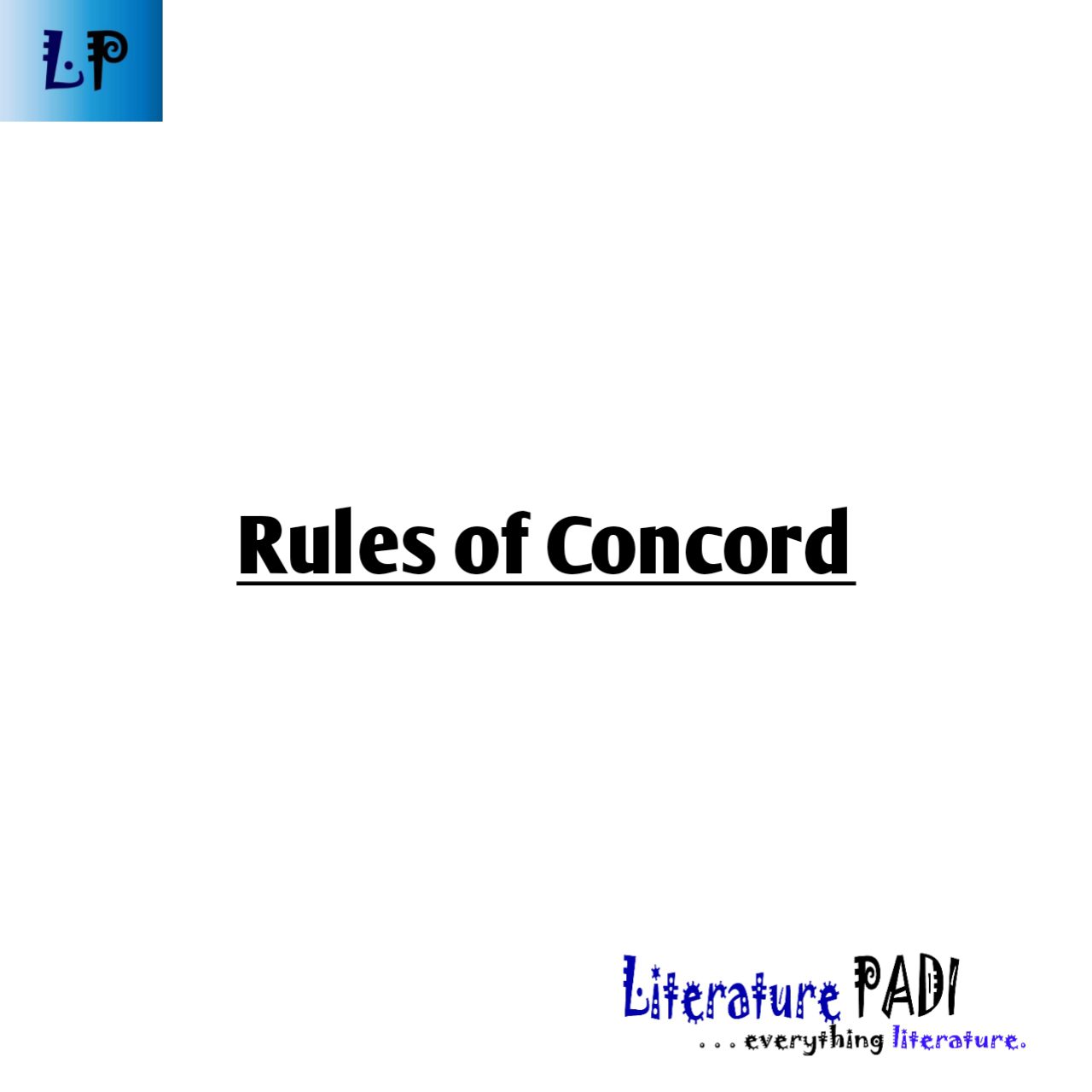📢 Follow our WhatsApp Channel for the latest literary updates!
Word formation is the creation of new words and it involves processes such as derivation, conversion, blending, compounding, clipping, acronyms, abbreviations, eponyms, clipping, nonce, borrowing and calquing.
The processes of word formation are classed under morphology in grammar. Morphology deals with morphemes. Morphemes are the smallest meaningful units in grammar. There are two types of morphemes: free and bound morphemes.
Morphemes can be added initially or at the end of a word. The process of adding a morpheme at the beginning or at the end of a word is called affixation. In other words, affixation involves two processes which are prefixation and suffixation.
Morphemes can also be classified into inflectional morphemes and derivational morphemes.
Derivational Prefixation
Types
- Negative Prefixes. E.g. unprotected, nonissue, disable, illegal.
- Reversative Prefixes. E.g. untie, undo, deforest.
- Perjorative Prefixes (indications of things done wrongly). E.g. mispronounce, malnutrition, pseudo-intellectual.
- Prefixes of degree. E.g. sub-, over-, super-, under-.
- Prefixes of attitude. E.g. anti-, pro-, counter-.
- Prefixes of location. E.g. trans-, inter-, sub-.
- Prefixes of time and order. E.g. pre-, post-, ex-, fore-.
- Prefixes of number. E.g. multi-, bi-, poly-, di-, mono-, tri-.
- Conversion prefixes. E.g. endanger, enslave.
Other prefixes that cannot be classed under the above include vice-, neo-, auto-, proto-, semi-.
Derivational Suffixation
Suffixes change the word class. The following are some of the transformations suffixes are capable of:
- Noun to Noun Suffixes. E.g. -ster, -er, -hood, -dom.
- Noun to Adjective Suffixes. E.g. -ite, -n, -ese, -ist.
- Verb to Noun Suffixes (the verbal noun suffixes). E.g. -er, -or, -ment, -al, -age.
- Adjective to Noun Suffixes. E.g. -ster, -ness, -ity, -ism.
- Noun to Verb Suffixes (added to nouns and adjectives to form verbs). E.g. -ify, -ise.
Verb Formation
Verb formation is a process of forming new words by removing actual or supposed affixes from another word. It is a shortened word created from a longer word.
“Verb formation” was coined by James Murray in 1889. It is the opposite of derivation. The shortened words can be viewed as the subtype of clipping. Examples are “row” (from “arrow”), “resurrect” (from “resurrection”), “televise” (from “television”), “gambling” (from “gambler”), and “babysit” (from “babysitter”).
Clipping
Clipping is the process of shortening or reducing a word without affecting the meaning or class of the initial word. It differs from verb formation due to the retention of the meaning of the original word. For examples: ad (advertisement), exam (examination), lab (laboratory), memo (memorandum), photo (photograph), phone (telephone), etc. From these examples, we can see that clipping can take different forms; so we have Back-clipping (gas – gasoline), Fore-clipping (gator – alligator), Middle-clipping (flu – influenza), Complex-clipping (sitcom – situation comedy).
Blending
Blending is a process whereby two or more words are combined to create another word whose meaning is often a combination of the words that make it up (original words). Examples: brunch (breakfast + lunch), smog (smoke + fog), telethon (telephone + marathon), cyborg (cybernetic + organism), spork (spoon + fork), chortle (chuckle + snort), liger (lion + tigress), etcetera.
Compounding
Compounding is another word formation process that creates compound lexemes (words). In other words, compounding is based on joining together or combining lexical elements, words or stems. It can be written together, separated or hyphenated. Examples are “solid ore”, “headache”, “headgear”, “brainwashing”, “sightseeing”, “weather-wise”, and “In-laws”.
We can also consider compounds syntactically, going by the words that made them up. Examples:
- Noun-noun Compound: tablecloth, torchbearer, bedbug. They can be hyphenated, written together or separated.
- Adjective-noun Compound: bluebird, blackbird.
- Verb-noun compound: work-room.
- Noun-verb compound: air-conditioner, earthquake.
- Verb-verb compound: sleepwalk, dry-clean.
- Adjective-verb compound: highlight.
- Verb-preposition compound: break-up, fly-in.
Abbreviations
Abbreviation is a word formation process in which a word or phrase is shortened. Initialisms are a type of abbreviation created from the initial letters of a word or a phrase. This type of abbreviation is commonly used in spoken language. Written abbreviations include months of the year (Jan, Feb, Aug, Sept, Oct, Nov), days of the week (Mon, Tue, Wed, Thurs, Fri), and titles (Dr, Ms, Mr, Prof, Jr.). Spoken abbreviations include AM, HIV, VIP.
Acronyms
This is the process whereby initialism is pronounced as a word. Examples are AIDS, NAFDAC and PIN.
Eponymy
Eponymy is a process whereby a new word is formed from the name of a real or fictitious person. Examples: boycott (named after Charles Boycott), Cardigan (named after James Thomas Brudenell, 7th Earl of Cardigan), Jacuzzi (after someone of that name), malapropism (named after Mrs Malaprop, Richard Sheridan’s character in The Rivals), mesmerism (named after Franz Anton Mesmer), sadist (from the names of the Marquis de Sade), sandwich (after the 4th Earl of Sandwich), and guillotine (after Joseph-Ignance Guillotin).
Coinages
Coinage is a process whereby a new word is created either deliberately or accidentally without using other word formation processes. Words formed are often from nothing. Examples: kerosene, nylon, psychedelic, escalator. Coinages start sometimes as brand names; often referred to as neologisms.
Nonce
This process comes from any number of words formation processes with the resulting word meeting a lexical need that is not expected to happen again (i.e. words meant to fit an occasion). Example: standoffish, touch-me-not-ishness.
Borrowing
Borrowing is a process whereby languages borrow from other languages. English borrowed “magic” from Persia; “tornado”, “commando”, “bonanza”, “stampede” from Spanish and Portuguese languages; “kindergarten”, “masterpiece” from German; “lick” from Dutch.
Calquing
Calquing is a process whereby a borrowed word or process is translated from one language to the other. It is an expression introduced into one language by translating it from another language. Examples: “beer garden” (for the German “biergarten”), “superman” (for the German “Übermensch”), and “non-word” (from the German “Lehnort”).
Join Our Social Media Channels:
- WhatsApp: Literature PADI
- Telegram: Literature PADI
- YouTube: @literaturepadi
- Facebook: Literature PADI











